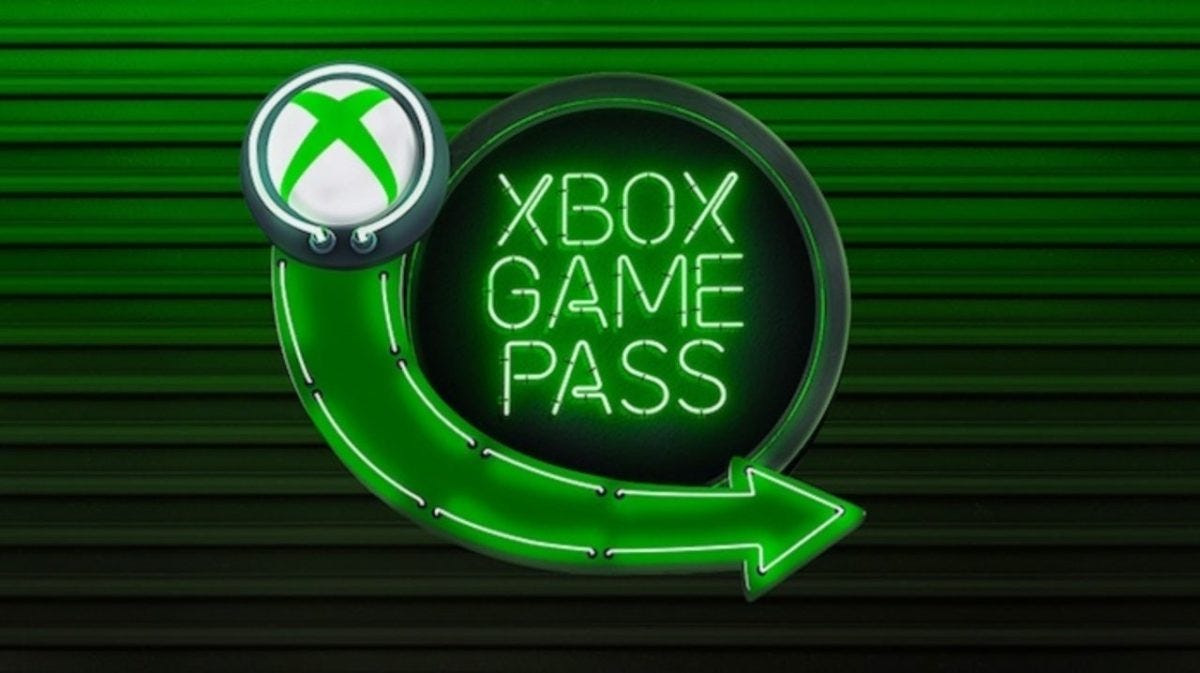Sony pays developers 'blocking rights' to keep games off Xbox Game Pass, Microsoft claims
Microsoft has hit back at Sony's concerns about Call of Duty with some bold claims of its own
➡️ The Shortcut Skinny
🆕 A new Brazilian government filing has revealed new details on Microsoft and Sony’s conversation regarding the Activision Blizzard takeover
🤫 Microsoft calls out Sony’s exclusivity concerns as “incoherent” and says exclusive games are core to PlayStation’s strategy
🤭 Microsoft also accuses Sony of paying developers “blocking rights” to not put their games on Xbox Game Pass and other competing subscription services
✋ Sony has previously shown it really doesn’t want Microsoft to own Call of Duty
Microsoft has accused Sony of paying developers “blocking rights” to prevent certain titles from coming to Xbox Game Pass.
The fiery comments were revealed in new documents filed with Brazil’s national competition regulator as part of a review of Microsoft’s pending acquisition of Activision Blizzard.
Microsoft blames Sony for hampering Game Pass’s growth and says the Japanese company’s concerns over exclusivity are “incoherent,” considering Sony relies heavily on exclusive games and partnership deals to attract people to PlayStation consoles.
As transcribed by VGC, Microsoft said:
“Considering that exclusivity strategies have been at the core of Sony’s strategy to strengthen its presence in the games industry, and that Sony is a leader in the distribution of digital games, Sony’s concern with possible exclusivity of Activision‘s content is incoherent, to say the least.
“Indeed, Microsoft’s ability to continue expanding Game Pass has been obstructed by Sony’s desire to inhibit such growth. Sony pays for ‘blocking rights’ to prevent developers from adding content to Game Pass and other competing subscription services.”
Microsoft accuses Sony of being scared of an innovative business model like Xbox Game Pass and says Sony is worried about Game Pass threatening the status quo of console manufacturers adopting a device-centric and exclusivity-focused strategy.
🆚 Our PS5 vs Xbox Series X comparison will help you make the right choice
“It only reveals, once again, a fear about an innovative business model that offers high-quality content at low costs to gamers, threatening a leadership that has been forged from a device-centric and exclusivity-focused strategy over the years.”
Fighting talk
Microsoft’s comments are indeed fair, but it’s not like the Redmond-based company doesn’t dabble in exclusivity deals either. Countless games come to Xbox Game Pass as timed exclusives, and there’s still no way we’ll see the likes of Halo Infinite or Gears of War on a PlayStation platform anytime soon.
Still, Sony’s protestations should fall on deaf ears. As Microsoft points out, Sony has relied on exclusivity strategies to drive console sales and more users to PlayStation, be it with its first-party titles or partnership deals with Call of Duty and Destiny.
👀 Get $20 off an Xbox Game Pass Ultimate 12 month subscription
It’s worth repeating that Microsoft isn’t planning on making Call of Duty exclusive to Xbox consoles. The company has explicitly said that it “would simply not be profitable” to remove the game from PlayStation. What Microsoft is planning, however, is to offer the blockbuster franchise to Xbox Game Pass subscribers, which means members can play the latest Call of Duty games for $9.99 a month instead of paying $70 to play it on PS4 or PS5. Naturally, Sony doesn’t want this unfavorable comparison to happen.
Microsoft acquired Activision Blizzard for $68.7 billion in January 2022, but the deal hasn’t been approved yet. Once it does, we’ll likely see all future and past Activision Blizzard titles on Xbox Game Pass, similar to how Microsoft put Bethesda’s portfolio of games on its subscription service.
Microsoft has begun testing an Xbox Game Pass Ultimate family plan, which lets you share the benefits with up to three people. It’s tipped to cost $24.99 a month in the US and has been highly requested by the Xbox community.
Updated: August 11, 2022



